
CSW’s 2022 Distinguished Leader in Feminism Award
Join the UCLA Center for the Study of Women (CSW) for a special…
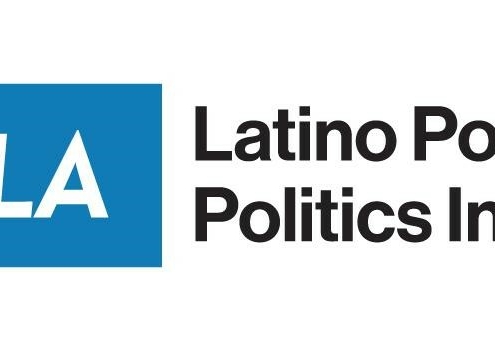
Dr. Rodrigo Dominguez-Villegas and Dr. Natalie Masuoka are Making the Power of AAPI, Latino Voters Clear
By Alise Brillault April 26, 2022 Some of the UCLA…

CSW Presents: Defending Self-Defense: A Call to Action by Survived & Punished on March 3 — RSVP Today
DEFENDING SELF-DEFENSE: A CALL TO ACTION BY SURVIVED & PUNISHED
VIRTUAL…
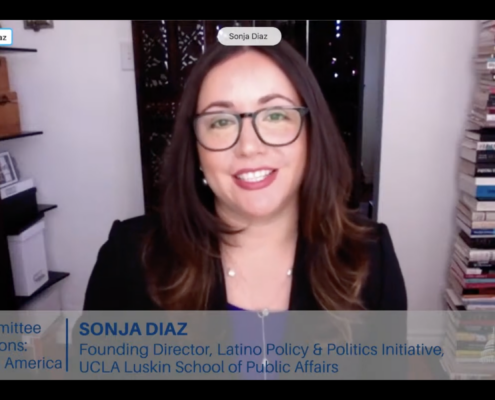
UCLA LPPI’s Voting Rights Project Helps Shape New Federal Voting Rights Legislation
Faculty and researchers from UCLA’s Latino Politics and Policy…
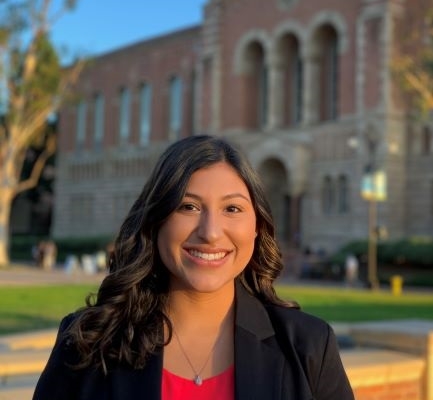
UCLA LPPI Student Fellows Have a Direct Stake in Latino Policy Research
By Alise Brillault, Communications Manager, UCLA Latino Policy…

LPPI Presents “In Conversation: An Interview With Weingart Foundation CEO Miguel Santana”
By Alise Brillault, Latino Policy & Politics Initiative Communications…
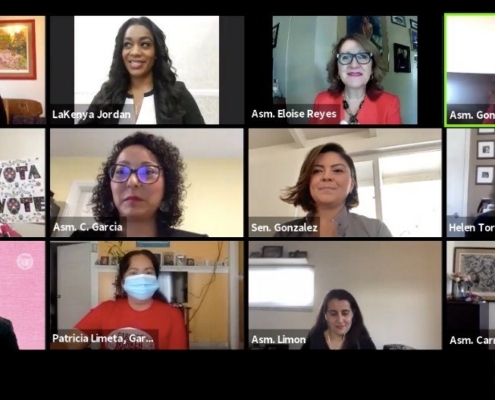
Latinas in California Remain Invisible in Policymaking: UCLA Alumni and Researchers are Looking to Change That
The UCLA Latino Policy and Politics Initiative has supported…

LA Social Science Rising Scholars Series on Carceral Studies with PhD Candidate Uriel Serrano
Uriel Serrano is a PhD candidate in Sociology and Critical…
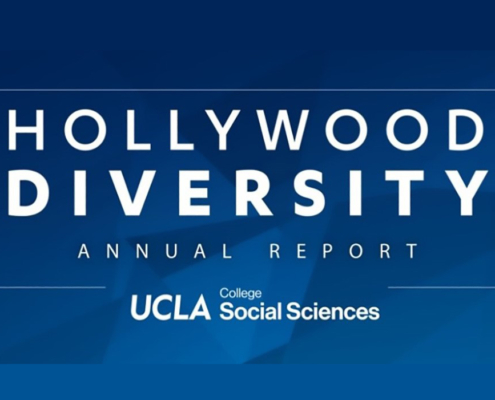
UCLA Hollywood Diversity Report Receives Funding from CA State Budget
The UCLA Hollywood Diversity Report received a $250,000 allocation…
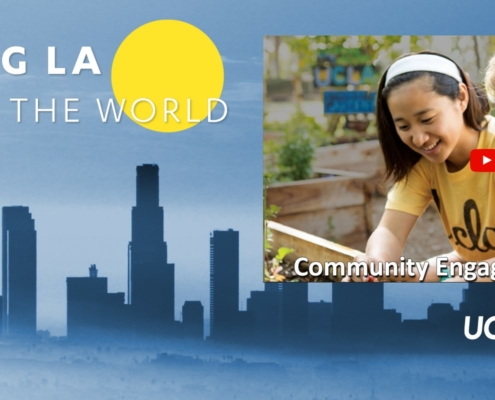
UCLA Division of Social Sciences Premieres “Community Engaged Scholarship” Video
Here at UCLA, community engaged scholarship is not an option…

